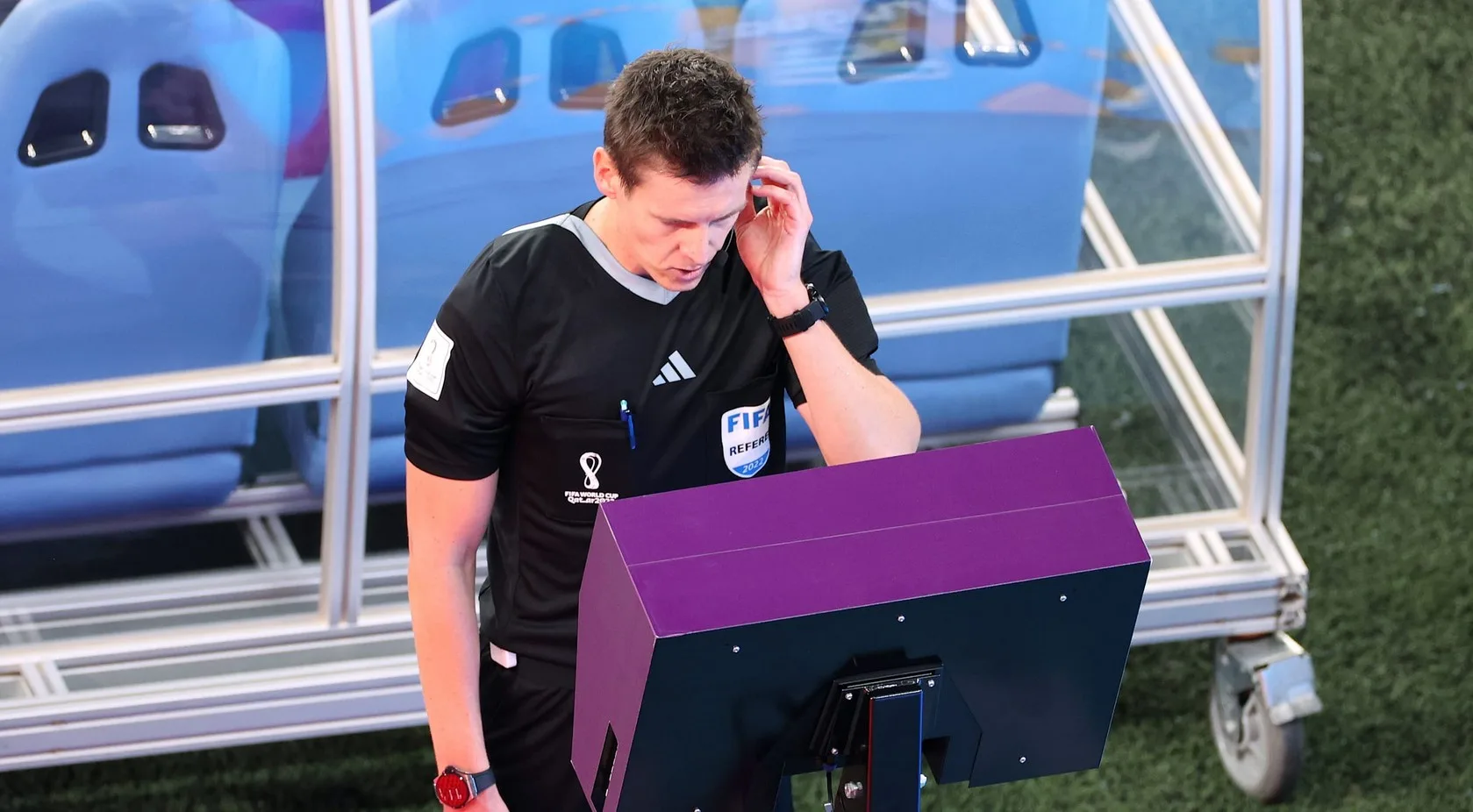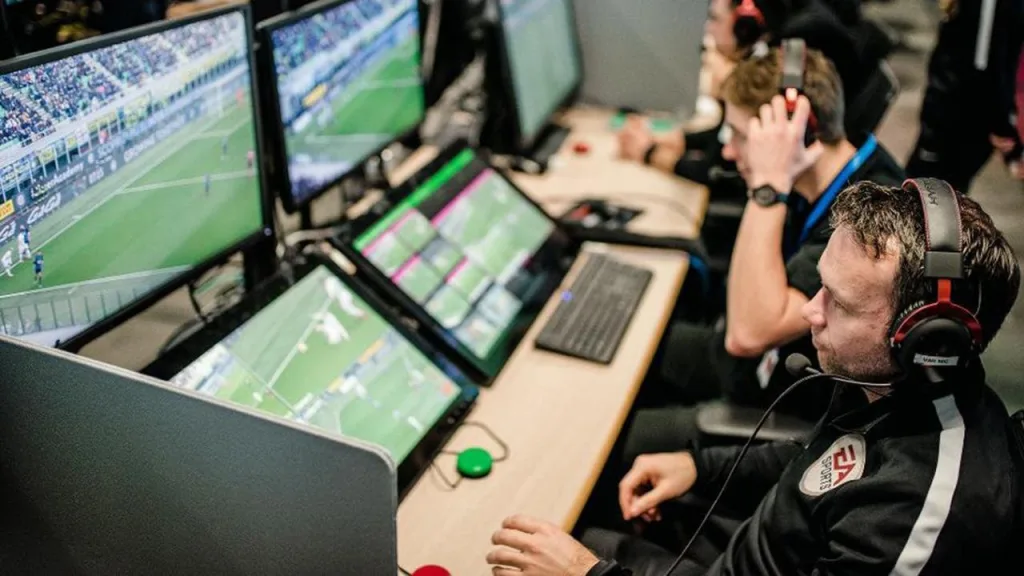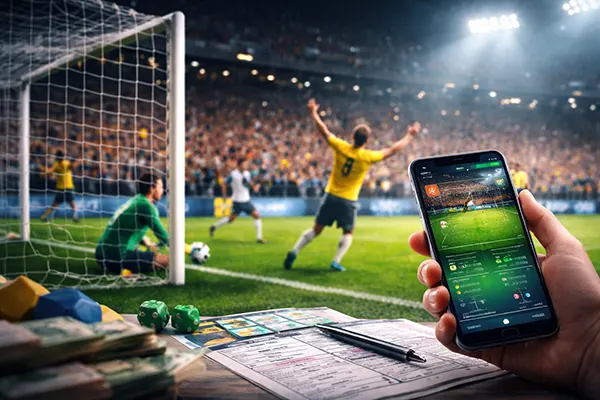Impact of VAR on Results in Europe’s Top Leagues

The introduction of the Video Assistant Referee (VAR) has sparked significant discussions across the footballing world. Initially introduced to enhance fairness and eliminate clear errors, VAR has reshaped the dynamics of top European leagues. However, its application and influence continue to be topics of debate among players, managers, and fans. This article delves into how VAR has been implemented, its impact on match outcomes, and how it is perceived by various stakeholders in the football community.
Implementation of VAR in Top Leagues
VAR was first trialled in lower leagues before its full implementation in major competitions like the English Premier League, La Liga, and Serie A. The system aims to assist referees in four key areas: goals, penalties, direct red cards, and mistaken identity. The objective was clear: reduce human error and ensure a fairer game for all participants.
Each league has its unique approach to implementing VAR. The Bundesliga, for instance, was among the pioneers, setting a benchmark for seamless integration. Meanwhile, the Premier League faced criticism in its initial years due to inconsistent applications and communication failures. These early challenges highlight the complexities of introducing technology into a sport deeply rooted in tradition and human judgment.
Challenges in Implementation
One of the primary challenges with VAR lies in consistency. Referees across different leagues often interpret situations differently, leading to controversies. For example, decisions on handball offences have sparked debates, as what constitutes “deliberate handball” can vary from one referee to another. Additionally, the delays caused by VAR reviews disrupt the flow of matches, frustrating players and fans alike. This issue is especially pronounced in leagues like the English Premier League, where quick-paced gameplay is a hallmark.
To address these concerns, football associations have invested in referee training and clearer communication protocols. However, achieving universal consistency remains a daunting task, particularly in cross-border competitions such as the UEFA Champions League, where teams and officials from various countries must align on decision-making processes.
Impact on Match Outcomes
Statistical analyses have shown that VAR has directly influenced the outcome of numerous matches. For instance, during the 2023/24 season in Serie A, approximately 15% of matches saw significant decisions overturned through VAR intervention. These reversals often involved critical moments, such as disallowed goals or awarded penalties, altering the trajectory of games and, in some cases, league standings.
In La Liga, a study revealed that VAR interventions reduced incorrect decisions by 30%, significantly improving the accuracy of officiating. However, this improvement came with its share of controversies, particularly in cases where marginal offside calls negated goals. The technology’s ability to detect infractions down to millimetres has led to questions about whether the spirit of the game is being compromised in pursuit of precision.
Player and Manager Reactions
Many players and managers acknowledge the benefits of VAR in reducing blatant errors but argue that its subjectivity often undermines its effectiveness. High-profile managers, such as Jürgen Klopp and Pep Guardiola, have openly expressed concerns about the system’s inconsistency. Players, too, have voiced mixed opinions. While some appreciate the increased fairness, others lament the prolonged pauses in play that disrupt momentum and focus.
A notable incident occurred in the 2024 Champions League quarterfinals when VAR overturned a last-minute goal due to an offside call. The decision, though technically correct, sparked widespread debate over whether such precise rulings align with the essence of football. These incidents underline the ongoing tension between technology and the human element in the sport.

Fan Perception of VAR
The reception of VAR among fans has been polarised. While some appreciate its role in ensuring justice on the pitch, others lament its impact on the spontaneity of celebrations. According to a survey conducted in December 2024, 42% of football fans in Europe feel that VAR has improved the game, while 38% believe it has diminished their enjoyment of matches. This split underscores the complex relationship between innovation and tradition in football.
Another key point of contention is transparency. Fans watching from the stands often struggle to understand VAR decisions due to inadequate explanations. In contrast, viewers at home benefit from detailed replays and commentary, creating a disparity in experience. Addressing these issues is crucial for building broader acceptance of VAR across all fan demographics.
Future Prospects of VAR
As technology evolves, the future of VAR may involve more advanced AI integration to enhance decision-making accuracy. AI could potentially reduce the time required for reviews, addressing one of the primary criticisms of the current system. Additionally, football associations across Europe are considering standardised training for referees to mitigate inconsistencies and improve fan trust in the system.
Beyond technology, fostering a culture of transparency and open dialogue between officials, players, and fans will be essential. As football continues to balance tradition with innovation, VAR’s role will undoubtedly remain a focal point of discussion, shaping the game for years to come.



